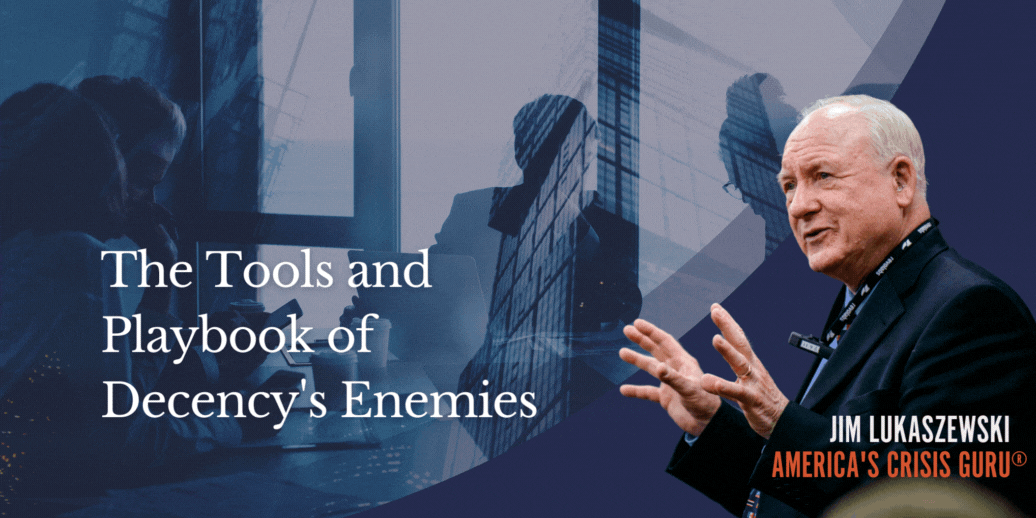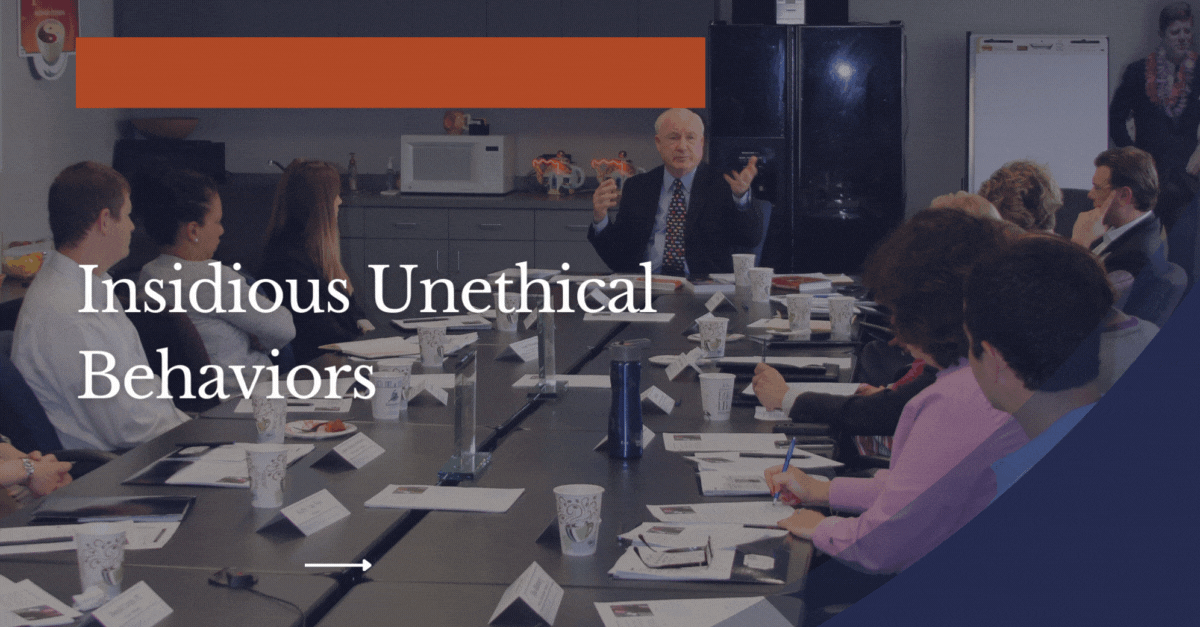Unconscionable actions, decisions, and behaviors
that are intentional, premeditated, injurious, degrading…
unethical…and some tend to be evil.
Decency’s enemies are obvious, expansive, and culturally corrosive. as are the playbooks of bullies, misbehaved buggers, and bad people. These tools and plays are intended to hurt, harm, and harass. Evil targets the innocent.
Your first response:
Start Naming and blaming the predators and perpetrators.
- Arrogance
- Beyond the Boundaries of Decency, Civility, and Integrity
- Bullying
- Defaming
- Demeaning
- Dismissiveness
- Disparaging
- Disrespectfulness
- Evil
- False Suspiciousness
- Humiliation
- Intentional Embarrassment
- Intentionally Injurious
- Intentionally Irritating
- Intentionally Painful
- Intentionally Victimizing
- Meanness
- Negative Surprise
- Overbearing
- Overzealousness
- Punishing
- Ridicule
- Sarcasm
- Tone Deafness
- Unfounded Accusations
- Vengeance
- Victimization
- Vilification
Your second response:
- If the perpetrator is someone you know, find someone else to know.
- If the source is from someone you buy something from, find another source.
- If it’s from someone in public life, disavow and shout them out.
- If it comes from your local pulpit, find another pulpit.
- Spend your energy on building a better life, expectations, and circumstances for yourself and those you care about.
- Stop trying to change or reform the perpetrators and predators. They are always toxic and worthless.
- Perpetrators, predators, evil public figures, and leaders will never really change.
- Your efforts are far better spent on new endeavors and new approaches where you can clearly make a difference and others will benefit more than you.
- Predators and perpetrators are superb slimy liars and con artists.


